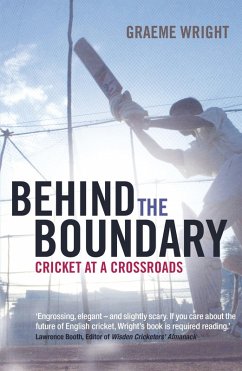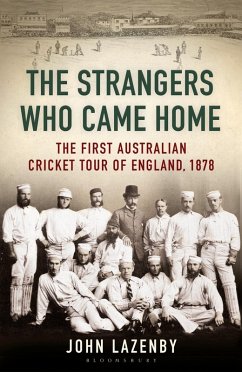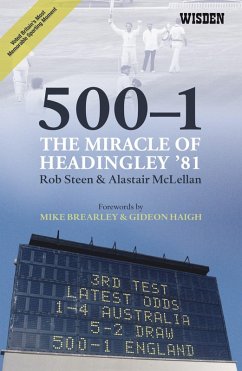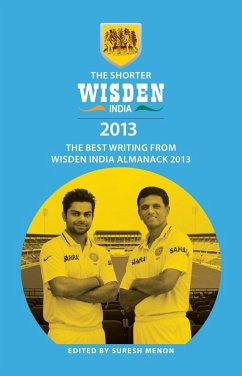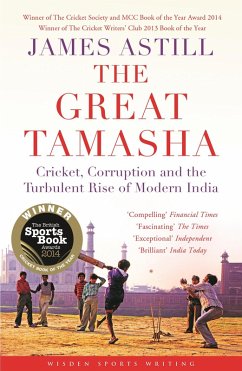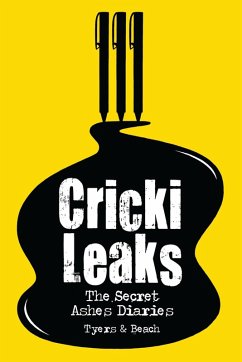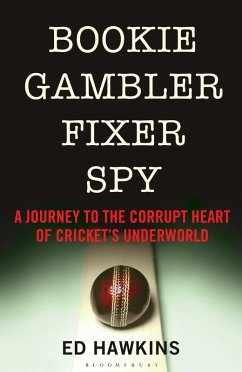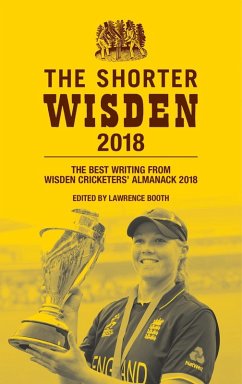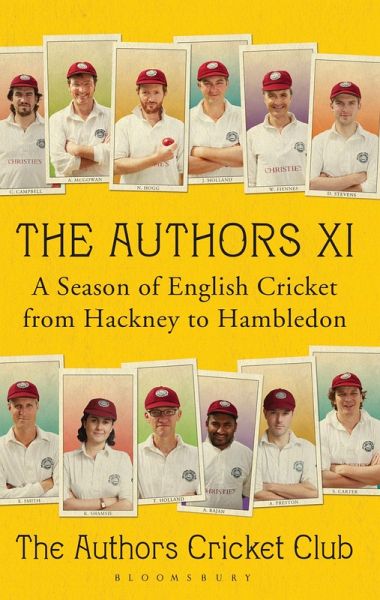
The Authors XI (eBook, ePUB)
A Season of English Cricket from Hackney to Hambledon

PAYBACK Punkte
5 °P sammeln!
Cricket has perhaps held more writers in its thrall than any other sport: many excellent books have been written about it, and many great authors have played it. The Authors Cricket Club used to play regularly against teams made up of Publishers and Actors. They last played in 1912, and include among their alumni such greats as PG Wodehouse, Arthur Conan Doyle and JM Barrie. A hundred years on from their last match, a team of modern-day authors has been assembled to continue this fine literary and sporting tradition in a nationwide tour in search of the perfect day's cricket. The Authors XI is...
Cricket has perhaps held more writers in its thrall than any other sport: many excellent books have been written about it, and many great authors have played it. The Authors Cricket Club used to play regularly against teams made up of Publishers and Actors. They last played in 1912, and include among their alumni such greats as PG Wodehouse, Arthur Conan Doyle and JM Barrie. A hundred years on from their last match, a team of modern-day authors has been assembled to continue this fine literary and sporting tradition in a nationwide tour in search of the perfect day's cricket. The Authors XI is the story of their season. Over the course of a summer they played over a dozen matches, each one carefully chosen for capturing an aspect of cricket, in some of England's most spectacular and historic grounds, against a wide range of opponents. Each player contributes a chapter about one of their fixtures, using a match report as a starting point for an essay on cricket and its appeal, both historically and today. From Matthew Parker on cricket and empire, and Kamila Shamsie on the women's game, to Tom Holland on cricket and ageing, and Thomas Penn on cricket and history, this is an engaging look at cricket's enduring appeal. Further chapters from other team members examine issues such as class, empire, and sport and the stage.




